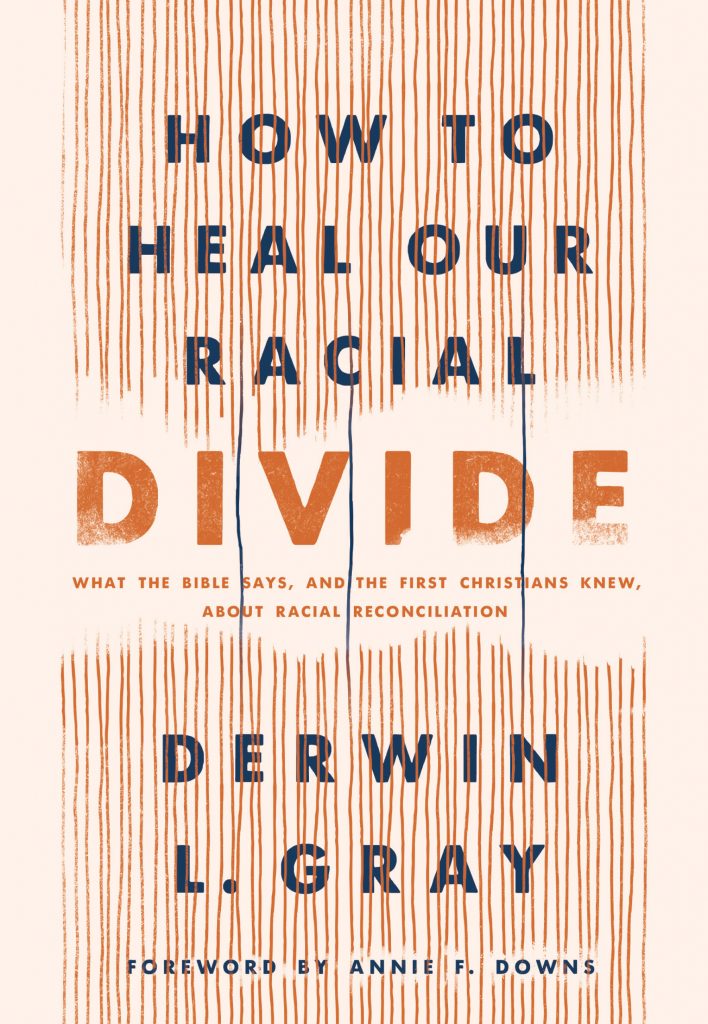“The gospel of King Jesus breaks down barriers that divide and builds up unity in God’s multiethnic family. This is not a peripheral issue but is at the very heart of the gospel.”
By Derwin L. Gray, adapted from the book How to Heal Our Racial Divide
We are born into conflicts that we did not create. These disputes existed long before we arrived on Planet Earth. But we still have to live with their aftermath.
I remember going to a restaurant with my mom when I was about eight years old. As soon as we sat down, a disheveled White man started spewing hate-filled words at the Black people present. He screamed, “I remember a day when n—s were not allowed to eat at restaurants with us good White folk!” A Black man stood up to deal with the situation, but his wife stopped him, saying, “Baby, he’s not worth it.” My little-boy brain was confused, and my heart was afraid. Sadly, my mother grew up in a time when Black people could not eat at restaurants with White people. She remembers drinking from “colored-only” water fountains.
In elementary school, nearly every day when I walked past the last house on the block that led to my school, a thirtysomething Hispanic man would shout through his screen door, “N—, Blacky, Blacky!” Before writing this book, I hadn’t thought about that experience in years. I guess my brain buried this trauma in the “let’s not remember this” file. Sadly, I had normalized these types of racial slurs. That same man and his adult friends who lived with him later threatened one of my teenage Black friends by putting a knife in his face after they stole his boom box.
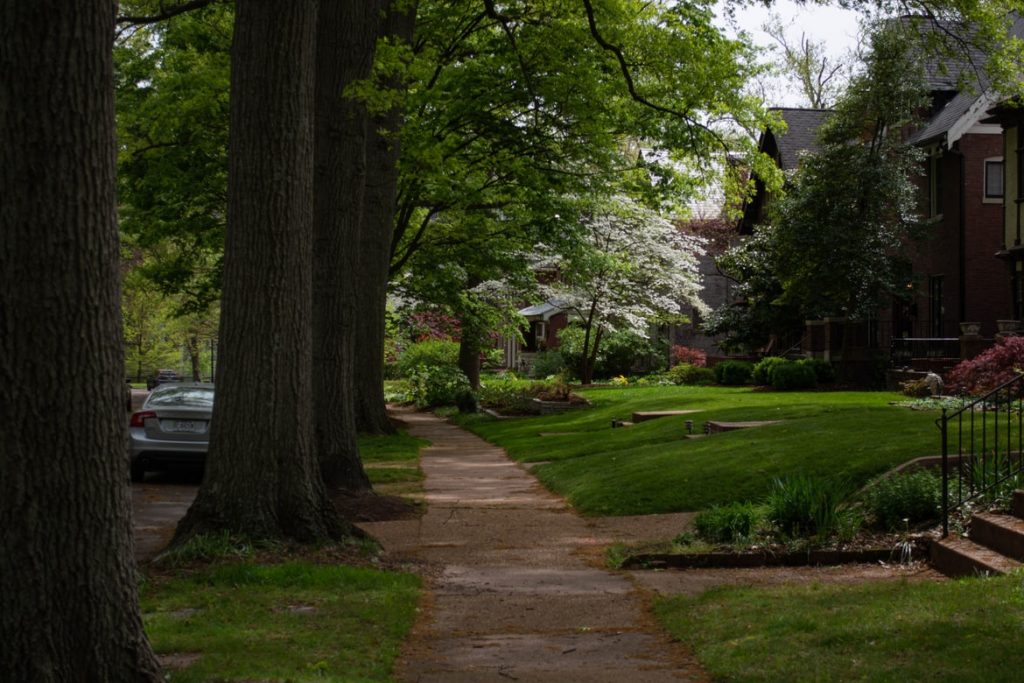
Photo credit: Kay Ingulli (@kingulli)
My friends weren’t always on the receiving end of these slurs. In my preteen years, my Hispanic friends who had been born in America would use racial slurs to disparage the undocumented Mexicans who came to America illegally.
I had normalized this senseless racism. I cringe at the thought that I allowed other human beings made in the image of God to be called such dehumanizing names in my presence. But this was my normal, everyday existence.
These memories are just a drop in the sea of the daily experiences of people of every sort who live with the reality of racism, sexism, classism, and hate. Sin is ugly, and it makes us ugly to one another. Our world is a battle zone that reeks of generational, institutional discrimination and personal contempt.

Photo credit: Markus Spiske
Like you, my soul is weary from the racial divide in the church and in our country. We want to heal the hurt, right the wrongs, and create trust where distrust exists. Racism and racial injustice are sins so deeply embedded in our culture that it is going to require disciples of Jesus who thoroughly rely on the Holy Spirit and who passionately inhabit Jesus’ love to change things.
This love we are commanded to looks like the cross of Jesus. God’s kind of love moves beyond words to actions, beyond sentimental feelings to a relentless commitment to the well-being of others, and beyond comfort to uncomfortable sacrifice. In learning to love people of other ethnicities and cultural expressions, we are forged into true disciples of Jesus. By our love for one another—especially those from a different ethnicity and social class—we become a foretaste of God’s Kingdom. Jesus told his disciples, “I give you a new command: Love one another. Just as I have loved you, you are also to love one another. By this everyone will know that you are my disciples, if you love one another” (John 13:34-35). The moment we say yes to Jesus as our Redeemer and King, we are enrolled in his school of love.
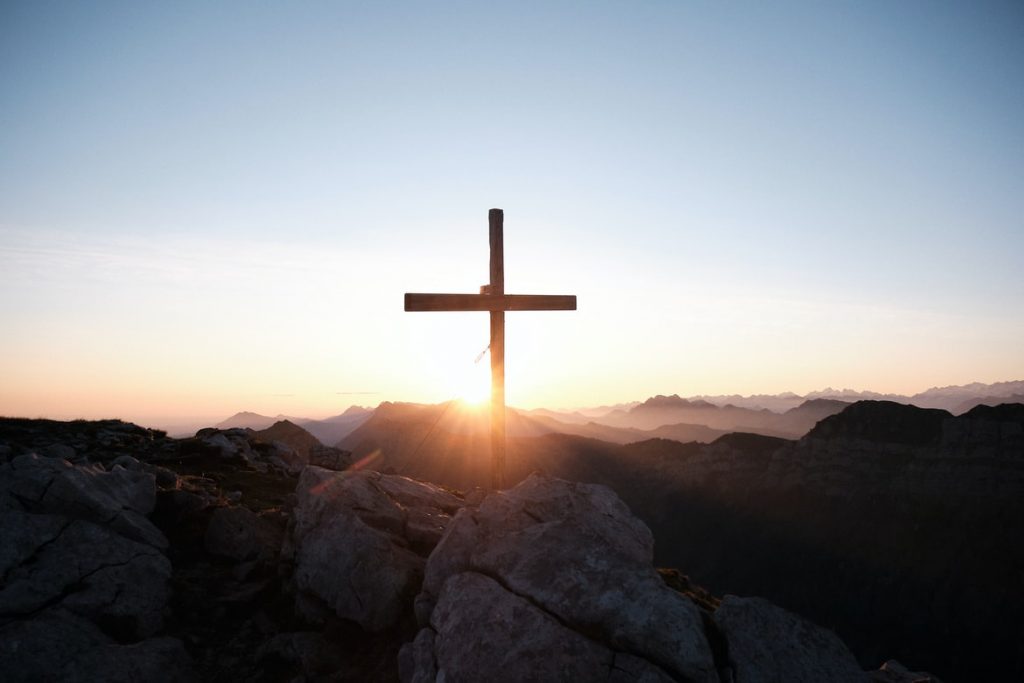
Photo credit: Yannick Pulver
Jesus’ disciple John writes, “The one who loves his brother or sister remains in the light, and there is no cause for stumbling in him. But the one who hates his brother or sister is in the darkness, walks in the darkness, and doesn’t know where he’s going, because the darkness has blinded his eyes” (1 John 2:10-11). In Christ Jesus, your brothers and sisters are Asian, Latino, White, Native, and Black people. Your being “in Christ” means your inclusion into a redeemed, multicolored, multiethnic family that God promised to Abraham.1 Fighting against the sin of racism and racial injustice is not optional for those who call on the name of King Jesus. The apostle Paul—a Jew—proclaimed, “I am obligated both to Greeks and barbarians, both to the wise and the foolish. . . . For I am not ashamed of the gospel, because it is the power of God for salvation to everyone who believes, first to the Jew, and also to the Greek” (Romans 1:14, 16). Paul’s passion to see the unity and reconciliation of Jews and Gentiles—distinct ethnicities with centuries of enmity between them—was an imperative of the gospel, even when it caused him great harm, persecution, and ultimately death.
Love that heals the racial divide is more than social-media posts or one-off events. This Holy Spirit–generated love forms us into “living sacrifices” at the altar of God’s transformative grace (Romans 12:1). Only those willing to lay down their cultural power and privilege for the marginalized, oppressed, and disenfranchised will be able to love with a fierceness that unites brothers and sisters across ethnic and socioeconomic lines.
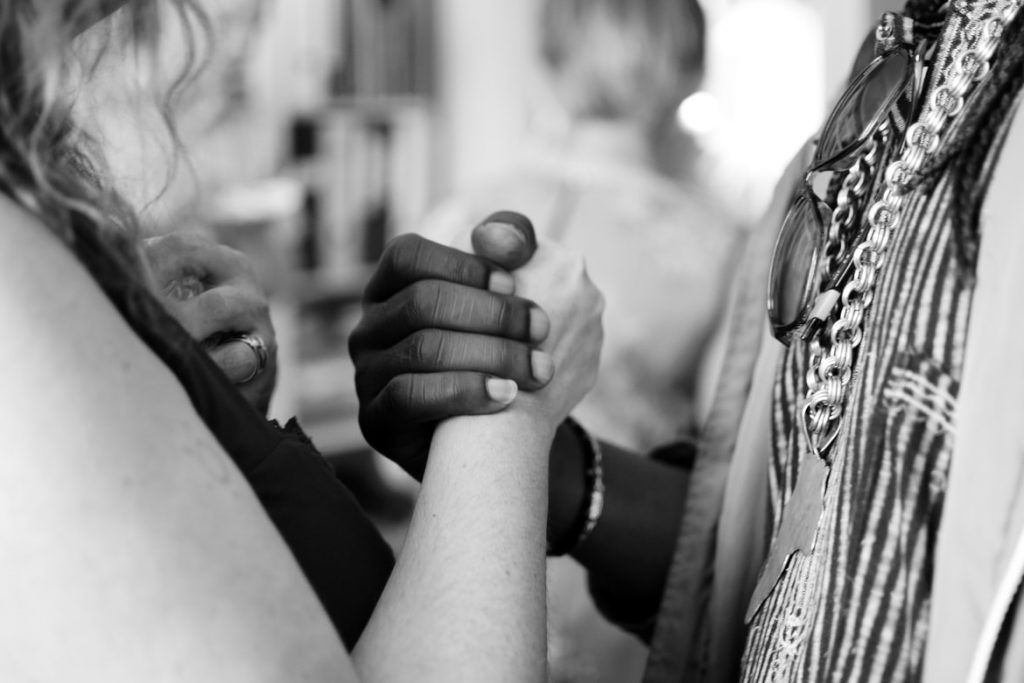
Photo credit: Aaron Blanco Tejedor (@innernature)
The gospel of King Jesus breaks down barriers that divide and builds up unity in God’s multiethnic family. This is not a peripheral issue but is at the very heart of the gospel. Bible scholar N. T. Wright writes:
“Paul is referring to the new reality, accomplished in the Messiah’s death and resurrection, that, because the dark powers had been overcome and new creation launched, and because of the gift of the Messiah’s Spirit, all believers of whatever background stood on level ground within the community. The theology and praxis of a church united across the traditional boundaries of ethnic, class, and gender distinctions was never for Paul a secondary matter: it was at the very heart. Otherwise, one would in effect be saying that the Messiah did not after all defeat (through his death) the powers of darkness that divide and corrupt the human race.”
The Bible’s vision is for a loving, unified church that comprises all ethnicities. The holy pursuit of gospel-shaped racial reconciliation and racial justice is the natural overflow of life in Christ. Jesus came to forgive and reconcile humanity to his Father so we can be reconciled to and unified with one another as siblings by the Spirit’s power and presence. We are the Jesus-indwelled family that brings heaven to earth as the temple of God the Holy Spirit. We are the Spirit-enabled family that is to be salt and light, glorifying our Father in heaven.
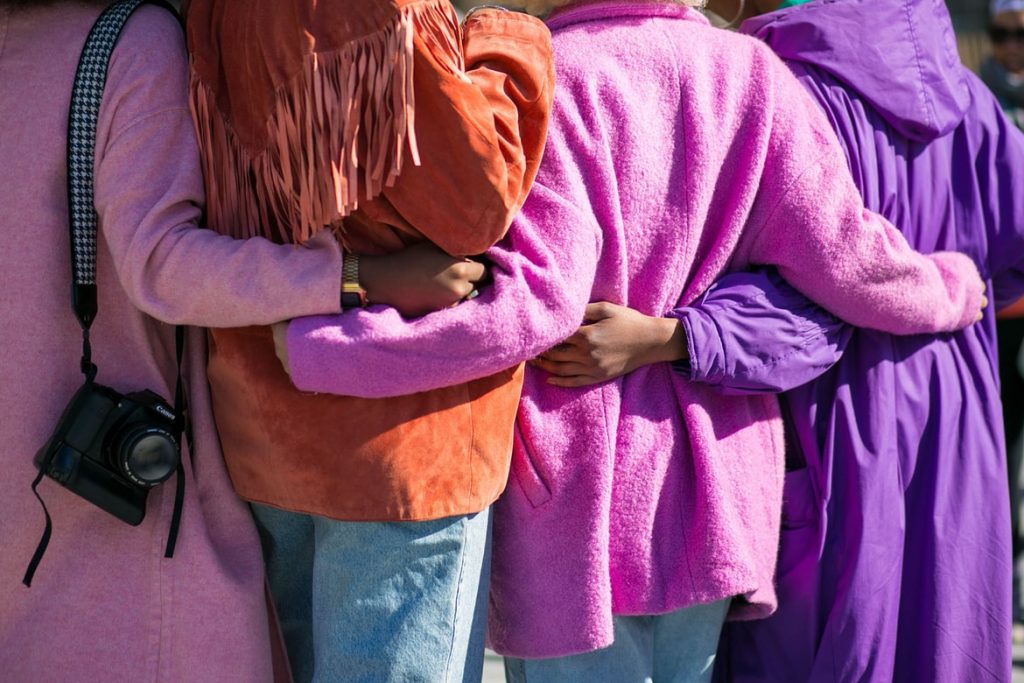
Photo credit: Vonecia Carswell
God has always wanted a multiethnic family to serve as a sign and foretaste of his Kingdom on earth. The Father’s Kingdom has Black kids, White kids, Asian kids, Indigenous kids, Latino kids, and all-kind-of-mix kids in it. God’s multicolored family is indwelled by Jesus, so his ministry and mission of reconciliation, justice, and love will continue through us by the Holy Spirit’s transformative work.
Let us become the change that we want to see in the church and in the world. Through the gospel, we can heal our racial divide as bridges of grace.
Adapted From How to Heal Our Racial Divide: What the Bible Says, and the First Christians Knew, about Racial Reconciliation by Derwin L. Gray, releasing in April 2022 from Tyndale House Publishers.
Featured image photo credit: @womanzier
You’ve been reading from
How to Heal Our Racial Divide by Derwin L. Gray
“I was moved by what I read. I saw things in Scripture I’d never seen before, I saw truths about God and humans and injustice and myself that were new to me, but radically important.” —Annie F. Downs, New York Times Bestselling Author of That Sounds Fun
Why must everything be so black and white? Like many of us, Derwin Gray is weary of the racial divide in our society. He longs to see hurts healed, wrongs corrected, and trust replace distrust.
The good news is that the Bible has a lot to say about how to heal our persistent racial divides. In this book, popular Bible teacher Derwin Gray walks us through Scripture, showing us the heart of God—how God from the beginning envisioned a reconciled multiethnic family in loving community, reflecting his beauty and healing presence in the world. This message is central to the gospel itself.
After reading this book, you won’t read the Bible the same way again—and you’ll want to walk through this eye-opening scriptural journey with your friends or small group. As founding pastor of Transformation Church, a multiethnic church located in the Charlotte metro area, Derwin knows firsthand the hurdles and challenges to the reconciliation that Scripture commands. That is why he carefully outlines in this book how to establish color-blessed discipleship in your own church. Together, we can become the change that God yearns to see in this world.
About the Author
Dr. Derwin L. Gray is the cofounder and lead pastor of Transformation Church (TC), a multiethnic, multigenerational, mission-shaped church located in the Charlotte, North Carolina, metro region. He is a popular conference speaker and the author of Hero: Unleashing God’s Power in a Man’s Heart; Building a Multiethnic Church; The Good Life; God, Do You Hear Me?; and Limitless Life. Derwin earned a master of divinity degree with a concentration in apologetics from Southern Evangelical Seminary under the mentorship of the renowned theologian Dr. Norman Geisler. He also earned a doctor of ministry degree in the New Testament in context at Northern Seminary. Derwin met his wife, Vicki, at Brigham Young University, and they have been married since 1992. They have two adult children, Presley and Jeremiah.


